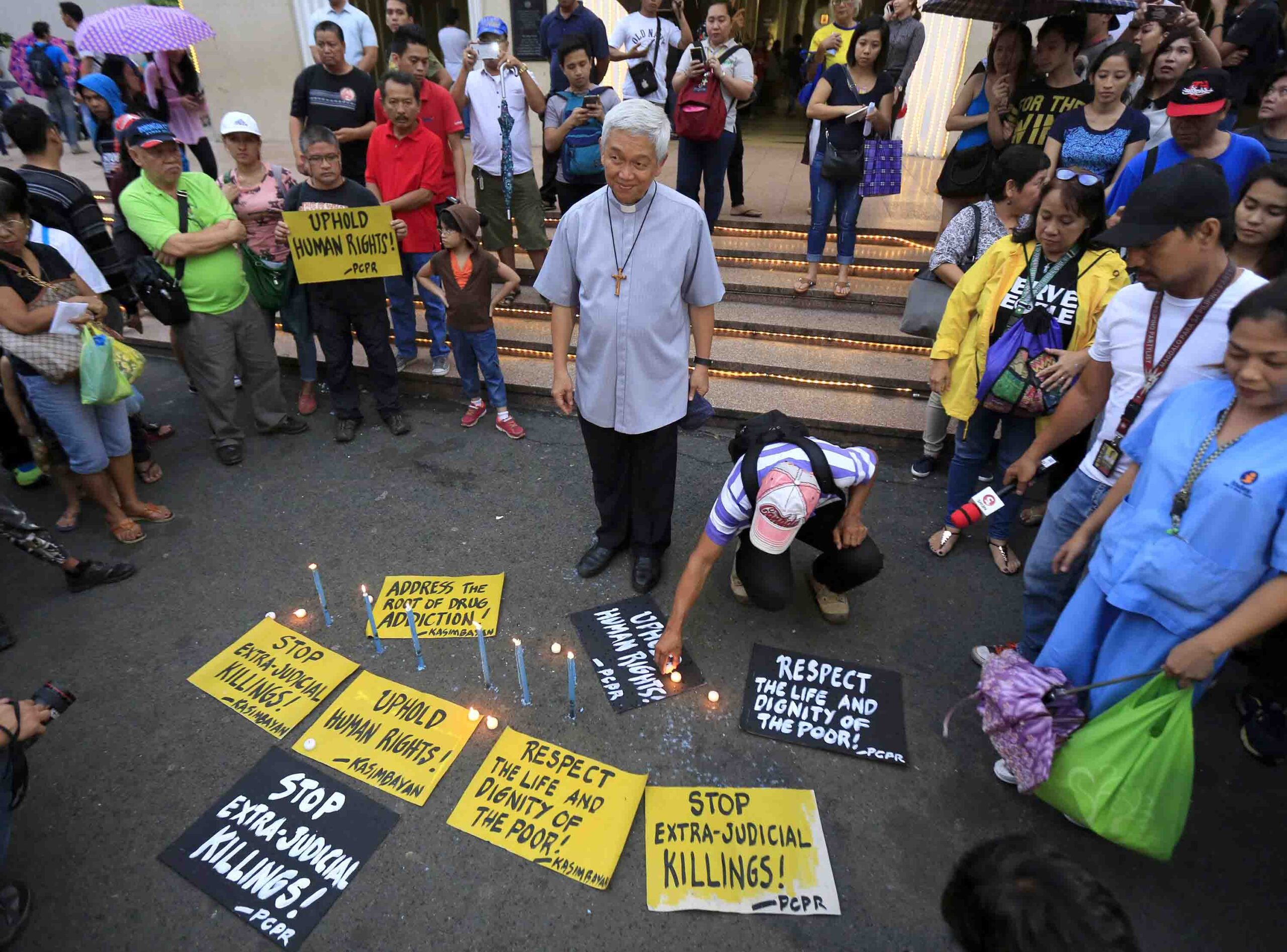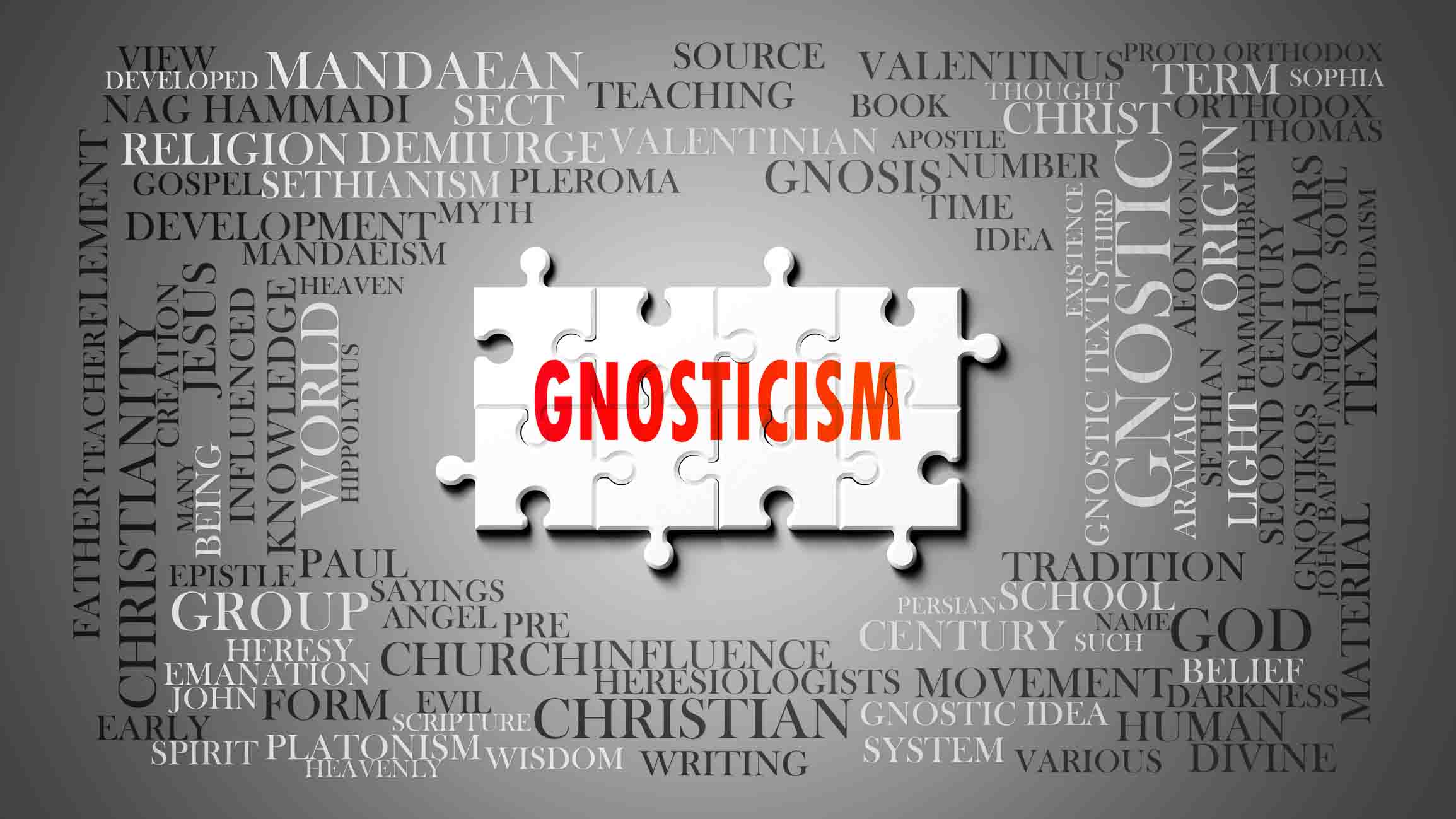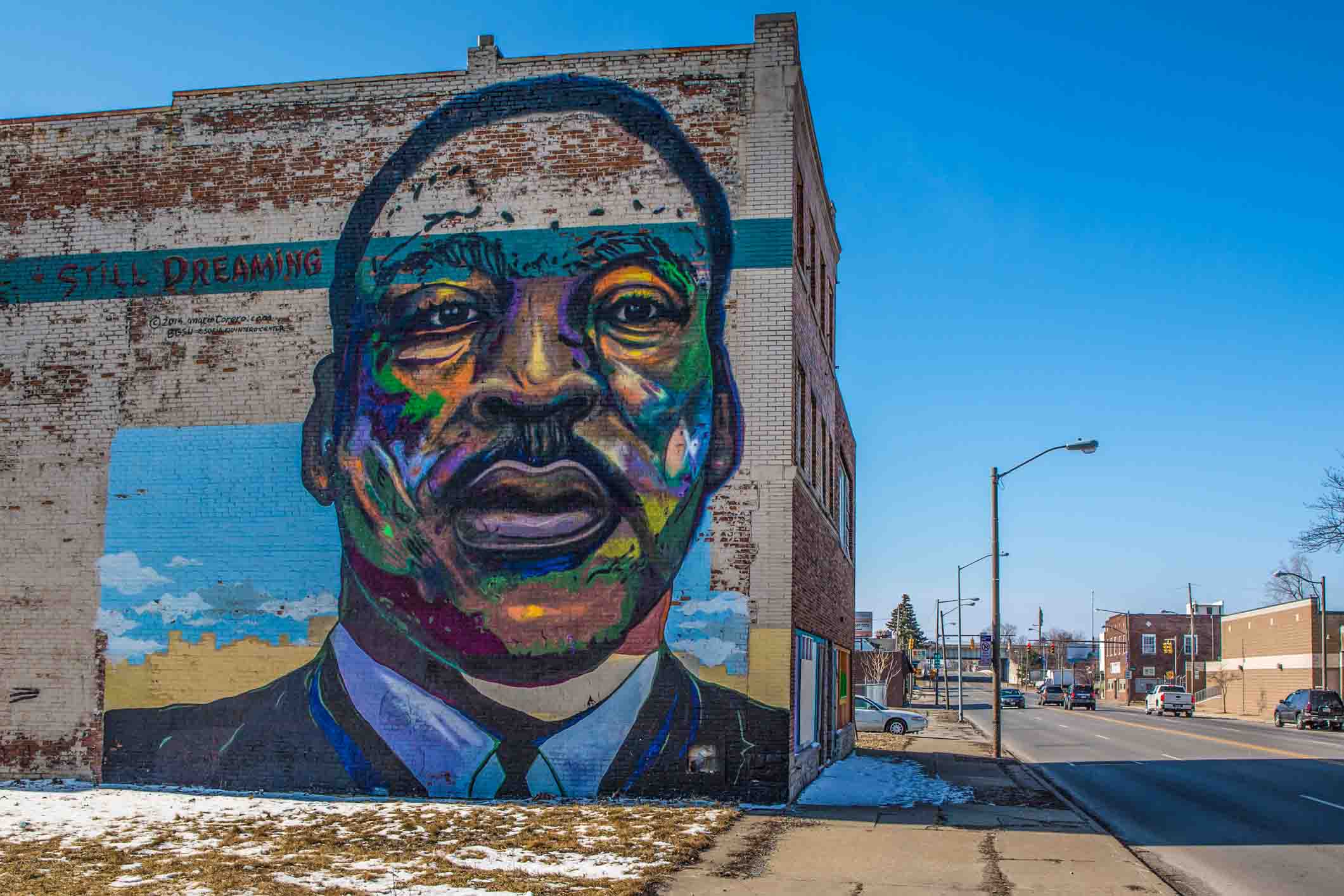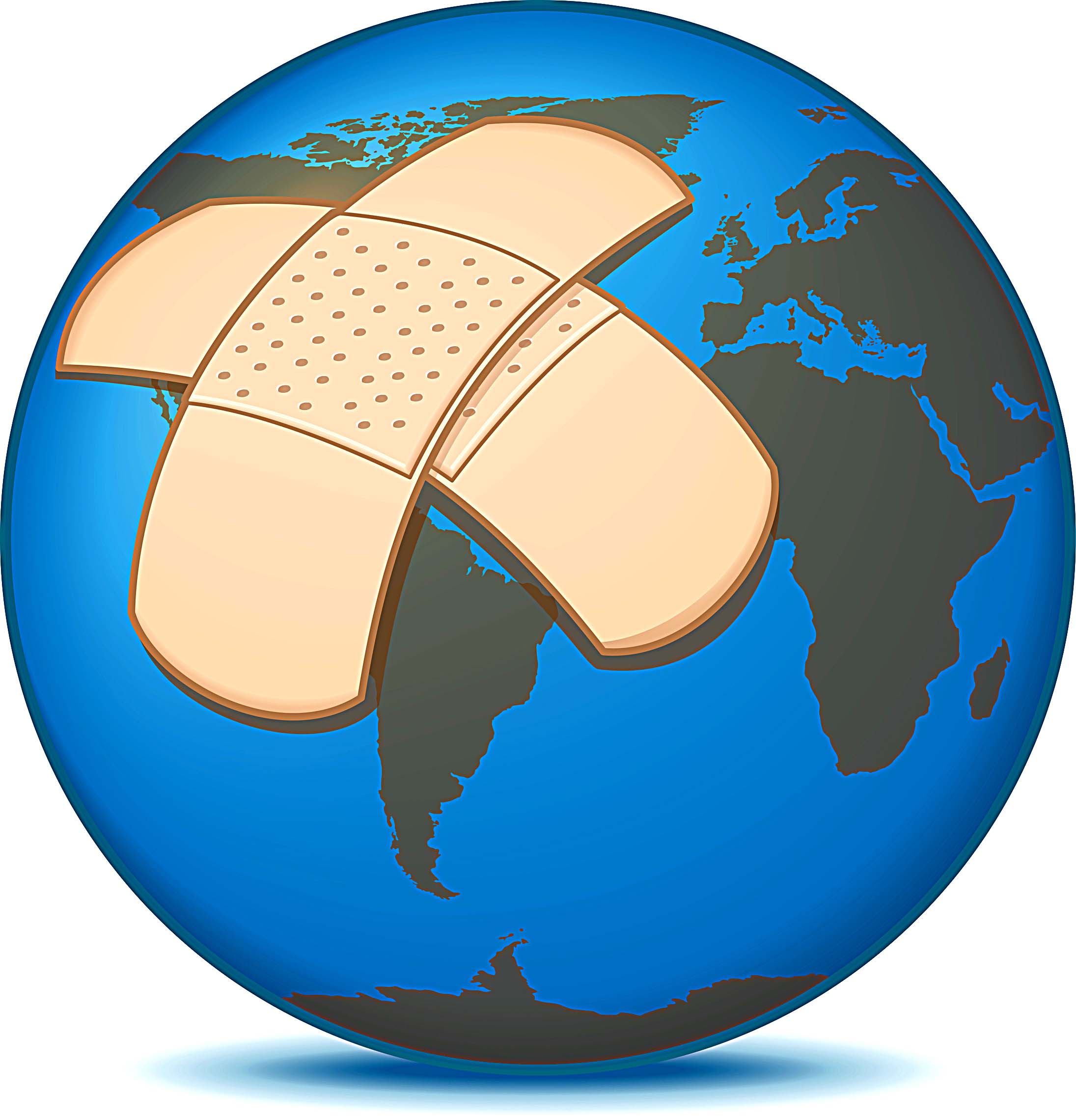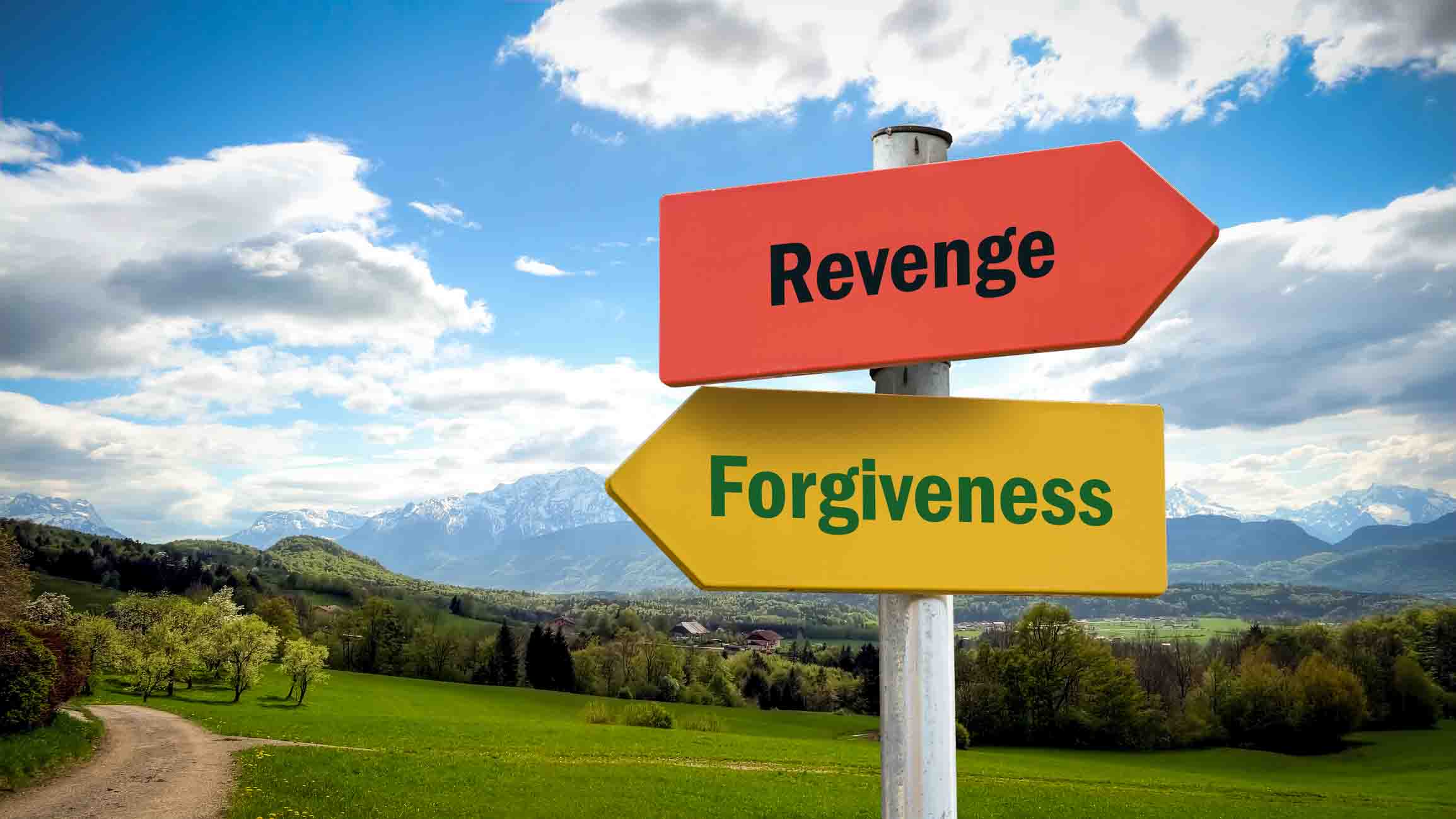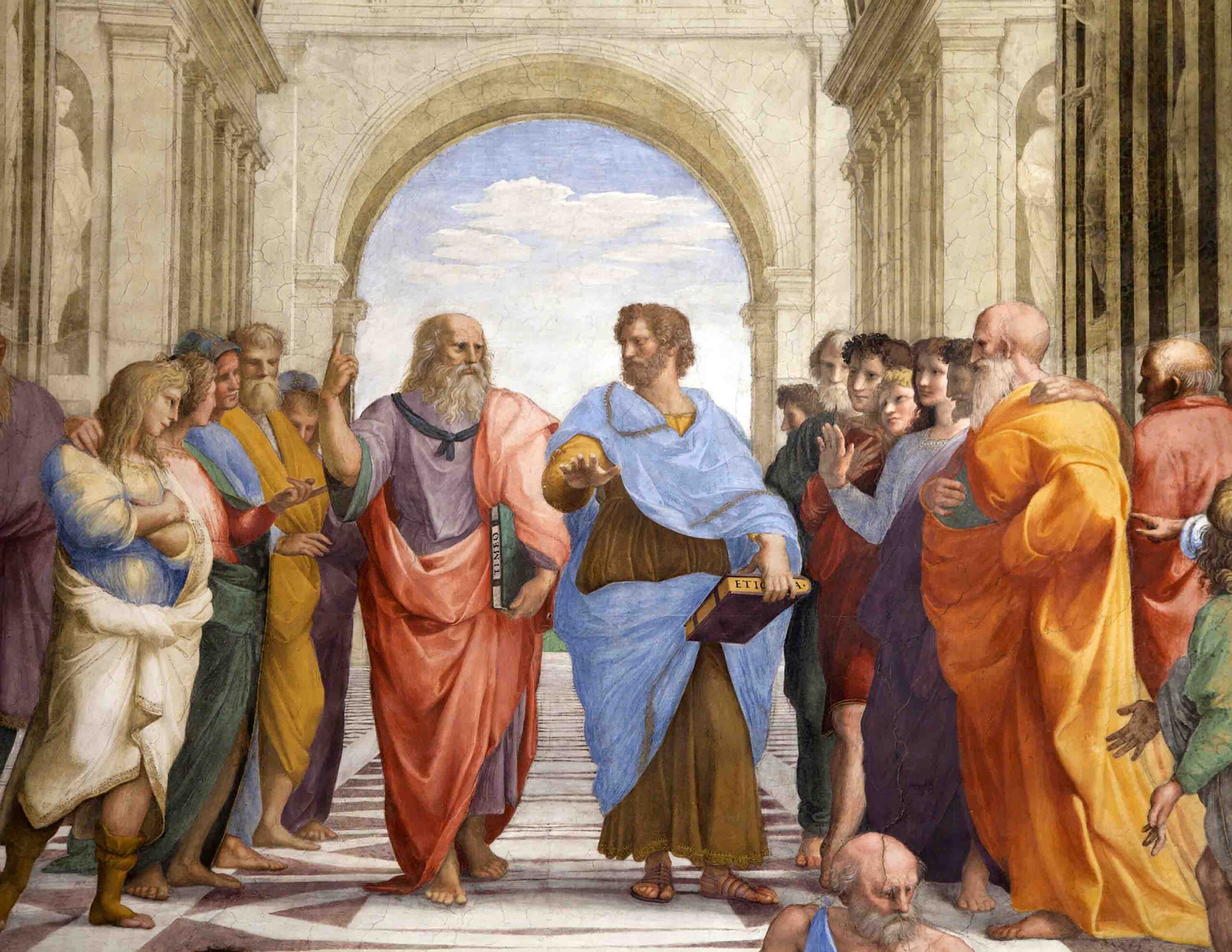Between 2008 and 2014, floods, storms, and earthquakes “sent 26 million people into motion each year.” In 2015, over 15 million were forced to flee their homes. By 2045, the spread of African deserts may set 60 million on the move. By 2100, rising sea levels could add another 180 million. Hundreds of thousands are on the waiting list, devising schemes to make an entry into Europe or America. Inequalities impose imbalances; they draw the disadvantaged to more promising lands, creating problems on both sides.
The West draws the East and South. The West had fumbled after three decades of post-war economic boom. The question was how to keep up the momentum with an intense labor shortage. Workers’ Unions had become militant, threatening strikes and demanding higher wages. As the major employer in those days, the government decided to draw in immigrant workers from other countries. All went well for some time. Foreign workers were easier to handle. But as their numbers grew, indigenous Europeans found it hard to accept people from alien cultures on equal terms. In many cases, the latter refused to integrate as well.
Political disturbances in the Middle East and Africa drove refugees Westwards in search of protection. Others came for prosperity. The press initially began speaking of the “migrant crisis.” But soon enough, the tone changed with the description of the people’s movement as a “migrant invasion” taking whole cities hostage, with disastrous consequences in the future.
Pope Francis pleads on their behalf in Fratelli Tutti (FT): “Many migrants have fled from war, persecution or natural catastrophes”; others are longing to build a future for themselves (FT, n. 37). They deserve kindness.
XENOPHOBES TAKE OVER
What worries the Pope is that it is not responsible leaders who invite reflection in “healthy debates” that decide issues, but xenophobes who engage in “hyperbole, extremism and polarization…ridicule, suspicion and relentless criticism,” discredit others, and wish to deny them their rights. He describes it as the “hubris of the powerful,” expressing itself in “charges and counter-charges” and making debate mere “confrontation” (FT n. 15).
Populist leadership can exploit people through demagoguery, polarization, or categorization (FT n. 155-56). They seek nothing less than the elimination of their opponents. The anguish of the Pope is that “we are growing ever more distant from one another” (FT n. 16).
Populist demagogues insist that an influx of migrants should be prevented at all costs. The consequences have been alarming. Right-wing populists have steadily gained ground in France, Spain, Sweden, Italy, and even more in Eastern Europe. Political observers link both Brexit and the election of Trump with the emotional build-up initiated by the migrant crisis. Geert Wilders’ victory in the Netherlands announces more things to come.
A WALL-MENTALITY WORLDWIDE
Please notice. A wall-mentality has been rising worldwide. Before 2002, fewer than 20 nations had marked boundaries. From 2015 fences came up, walls on 60 international boundaries, blocking four billion people. Tunisia has sand banks against Libya, India and Myanmar have fenced against Bangladesh, Israel guards itself with razor wire, infrared cameras. Hungary’s fence near Croatia gives electric shocks. Austria has fence with Slovenia.
Britain plans one along the channel against France, Norway against Russia, and the US against Mexico. Between 2015-2018 Europe erected barriers against movement from the Mediterranean. And yet, people move. In 2018, one died for every 51 who arrived in the West. Migrants who hear of such dangers are not terrorized. Mountain, desert, rough waters…people keep moving with bags and baggage.
We are grateful to the Pope that he urges in Fratelli Tutti the host countries to welcome the migrants and refugees and deal with them with human consideration. But we in Asia, I think, representing the nations that are sending out migrants, have our obligations as well.
First of all, we have a duty to create conditions within our nations (political harmony, economic sufficiency, and healthy social relationships) so that excess migration can be avoided. “Ideally,” Pope Francis himself admits, “Unnecessary migration ought to be avoided” (FT n. 129).
Secondly, migrants have a duty to accommodate the culture of the host countries and be attentive to their concerns. Here is where the greatest difficulties are arising today. Oxford scholar Paul Collier says, “The wider the cultural distance…the slower the absorption rate will be.” The consequence is that right-wing parties take up the cause of host countries and lead things to extremes. An intellectual search for solutions is replaced by emotions (Collier 78).
Again, the Holy Father insists that the UN bodies and heads of state must regulate and guide the movements of people responding to immediate needs and keep in mind the long-term good of humanity (FT n. 132). After all, “You are all brothers” (FT n. 95). It is exciting to discover this truth, as Jacob’s children discovered their brother Joseph in Egypt.



















